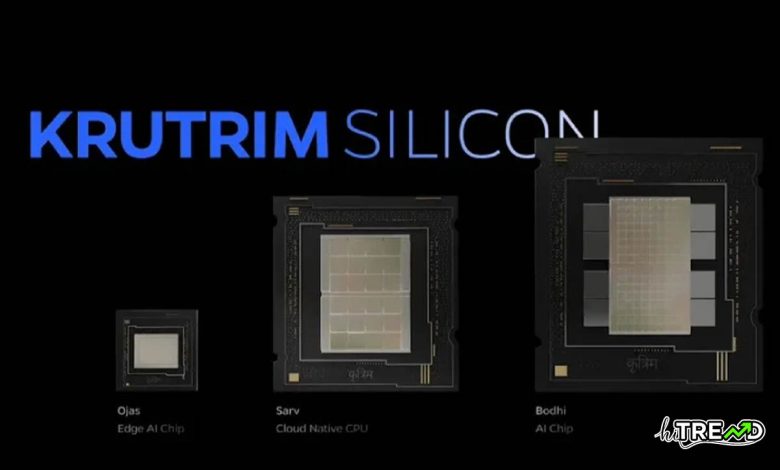
Ola Electric, well-known in India for its ride-hailing for its electric scooter, has surprised the industry by announcing its entry into AI hardware. The company unveiled its plans to develop a family of AI chips as a step toward India’s ambitions in the burgeoning field of artificial intelligence.India’s first AI chips are here, and its from a ride-hailing company
The first set of chips, expected to launch in 2026,
includes three models: Bodhi 1, Ojas, and Sarv 1. Bodhi 1, the first AI chip designed and made in India, is built for AI inferencing, making it a strong contender for large language models (LLMs) and applications requiring high-performance vision processing. Ola claims Bodhi 1 excels in power efficiency, a critical factor given the rising power demands of AI systems.
Ojas, the second chip, addresses the increasing need for edge AI solutions. It can be adapted for various applications across the automotive, mobile, and IoT sectors. Ola plans to integrate Ojas into its future electric vehicles, potentially managing features like charging optimization and advanced driver assistance systems (ADAS).
You can read more Technology articles
The third chip, Sarv 1, is a general-purpose server CPU based on the Arm instruction set, designed to meet the growing AI computing needs of the data center industry.
While Ola’s presentation highlighted impressive performance and power efficiency benchmarks for their prototype chips, comparing them to Nvidia GPUs, some crucial details were missing. The specific Nvidia GPU used for comparison wasn’t disclosed, and the company hasn’t shared where these chips will be fabricated.
This announcement signals India’s determination to enter the global AI race,
currently led by the US and China. With a vast pool of tech talent, India has a valuable resource in its pursuit of AI advancement. Additionally, ongoing restrictions on cutting-edge tech sales to China by companies like Nvidia and ASML could position India as an attractive alternative market for these businesses.India’s first AI chips are here, and its from a ride-hailing company
However, Ola faces significant challenges before its ambitious AI chip project can succeed. The AI hardware market is currently dominated by established players, and Ola will need to demonstrate that its chips can compete in terms of performance, power efficiency, and cost. Moreover, the company must establish a strong manufacturing infrastructure for these advanced silicon components.
Follow HiTrend on X





